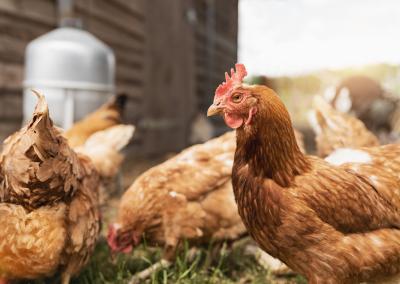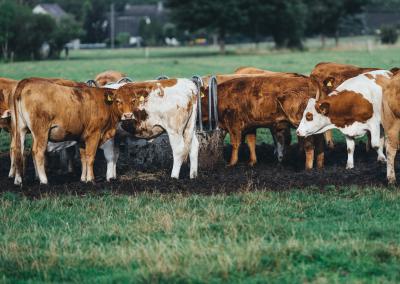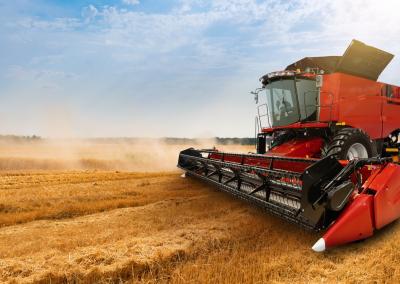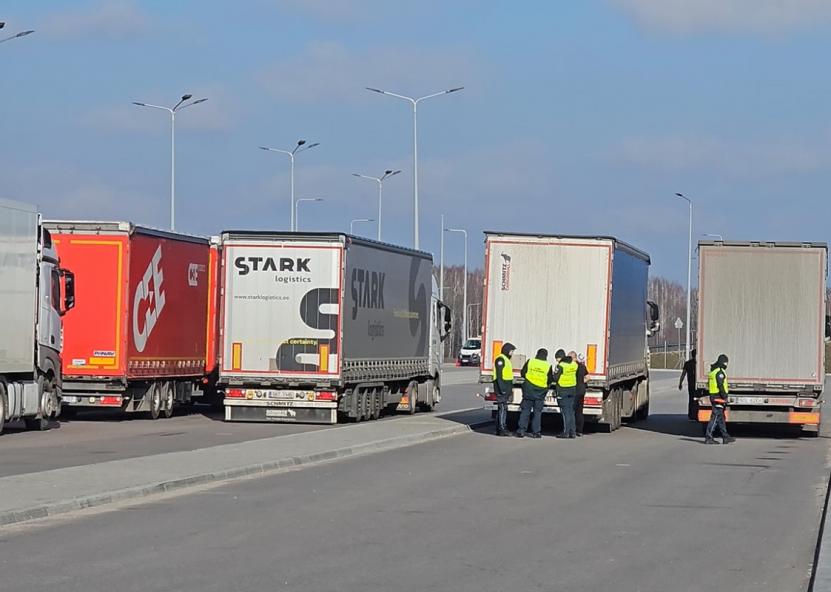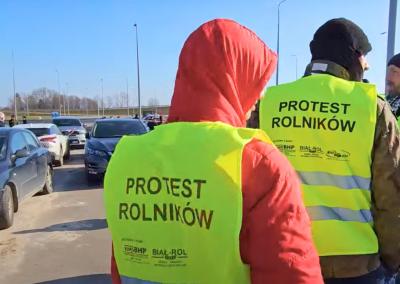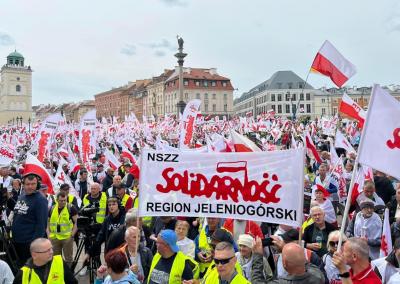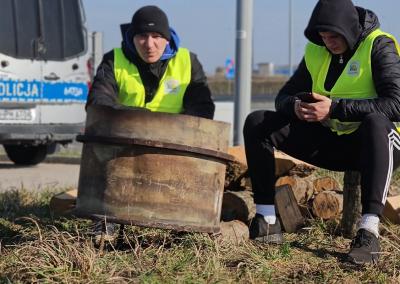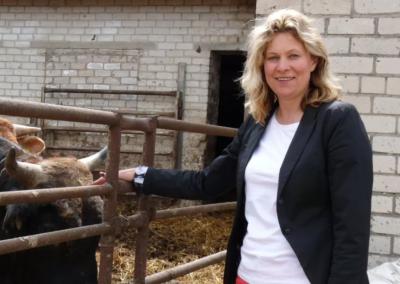As Polish farmers plan new protests, Linava recommends alternative routes for hauliers
As farmers in Poland plan a new wave of mass protests, the Lithuanian National Association of Road Hauliers „Linava“ is appealing to transport and logistics companies in the country to warn that the protests could drag on until the end of March, leading to a proliferation of impassable and blocked roads.
This is particularly true for freight and passenger carriers travelling on international maršrs to the West, whose journeys could almost double in length. It is therefore recommended to keep a close eye on information, to use i&scaron technology to indicate and warn of potential traffic bottlenecks, and to use alternative routes where possible.
According to Vytautas Milėnas, Secretary General of the association „Linava“, according to the information from the Association of Polish Carriers (ZMPD), the protests are expected to start on 20 March 2024 and may last until the end of the month or longer.
„Colleagues in Poland have reported that farmers plan to block major transport links across the country, cities, motorways, highways and national borders with neighbouring countries.
According to him, the association „Linava“ „is currently closely following the information and is ready to inform you immediately in case of any important updates.
On Tuesday, the Lithuanian police announced that a campaign by Polish farmers is planned in Poland, about 8 km from the Lithuanian border, starting on Wednesday, which may cause traffic disruptions on the A5 road.
ELTA recalls that Polish farmers staged a protest in early March, during which the road between Kalvaria and the Polish village of Budzisko in the Suwałki district of Poland was partially blocked. During the action, which lasted almost a week, the quantities of Ukrainian grain being transported were checked.
Earlier, Polish farmers blocked the roads to Ukraine, as well as the main šalies highway to Germany. The protests are due to what Polish farmers see as unfair competition, as Ukrainian grain is cheaper and drives down production prices across Europe.

